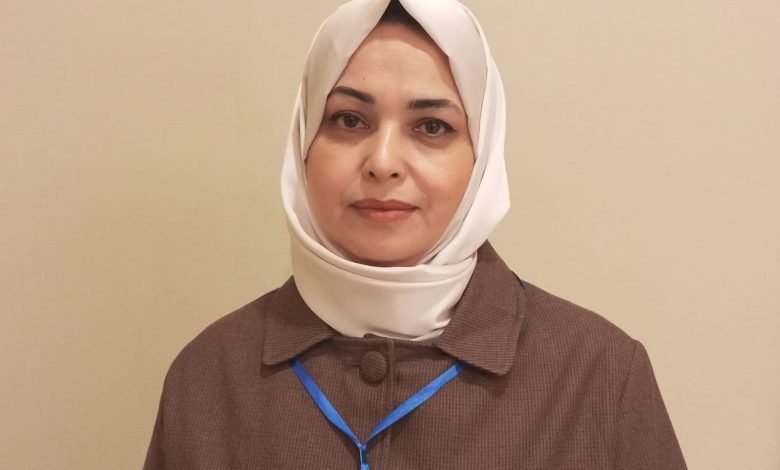
By : Nedal Zubeidi
Jordan Daily – Hanan Kadoshi, a Libyan social activist and a mother of a young man with autism, has been working for the rights of persons with disabilities since 2011, when the civil society in Libya witnessed a development after the political events that took place in the country.
In an interview with Jordan Daily , she said she faced many difficulties in the beginning of her life to educate and rehabilitate her son and deal with many issues related to his basic needs, and that is why she felt obliged to work hard to amend the laws that protect the rights of persons with disabilities.
She started by establishing some campaigns for the rights of persons with disabilities, and worked with several people with disabilities to ratify the International Convention on the Rights of Persons with Disabilities in Libya.
In 2013, a law was issued by the General National Congress to ratify the international convention, and this law was reviwed by the parliament in November 2017, and Libya became a party to the international convention in 2018.
She then worked on the constitution with the Constitutional Drafting Assembly of Libya , and during three years from 2014 to 2017, the first version of the draft constitution was issued, and they had article which includes a variety of rights that can protect the rights of persons with disabilities as a constitutional basis.
She later worked on what was ratified by the international convention, and it became necessary for the stakeholders to work on the executive framework and start amending the laws, and they are still working on amending the Libyan law despite facing some problems, challenges and political differences.
She joined the Arab Forum of Women with Disabilities in 2017, which is affiliated with the Arab Organization of Persons with Disabilities under the umbrella of the Arab League. She was chosen as a mother representing the parents of persons with intellectual disabilities.
Regarding the challenges facing her work, she said there are many challenges: the first is the legislative framework for the Arab world as a whole, in many Arab countries or the Mediterranean region, they ratified the international convention for persons with disabilities, but they did not translate this ratification into real laws that protect the rights of persons with disabilities at the local level, and this is what we are suffering from in Libya, despite the fact that the Constitutional Court in Libya made the international conventions superior to the local laws.
She added that there is another challenge, which is the lack of interest of the parents of persons with disabilities and the lack of understanding of their rights, which means there is a deficiency in education, a deficiency in the intellectual and cultural levels, where the focus of persons with disabilities is on their daily needs and not on the subject of rehabilitation, which can create greater opportunities for them.

